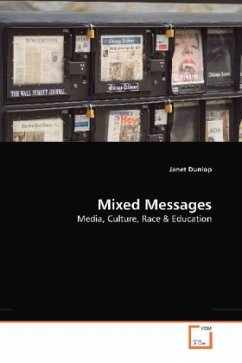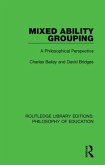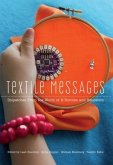The purpose of this book is to examine whether media literacy instruction encourages critical consumption of media. Over two years, Dunlop researched the effects of media literacy instruction on high school students' tendencies to recognize and analyze racial stereotypes in visual media. Dunlop found that when using students' lived experiences and examples from media, media literacy opens up discourse that challenges racial stereotypes in media and it does so in a non-threatening way. Suggesting that current social theory models do not accurately apply to classroom and pedagogical dynamics, Dunlop introduces a social theory model to describe the effects of media literacy instruction on racial identity development, the Recursive Identity Development Model. It is also apparent that Dunlop's book speaks directly to the efficacy of media literacy instruction in creating authentic multicultural conversations within the classroom. Instead of a canned curriculum package that teaches multiculturalism in isolation, Dunlop concludes that media literacy instruction uses students' lived experiences in conjunction with media to question beliefs about stereotyped groups.
Bitte wählen Sie Ihr Anliegen aus.
Rechnungen
Retourenschein anfordern
Bestellstatus
Storno








